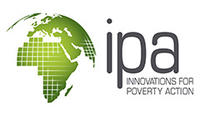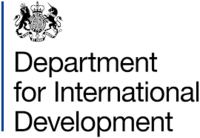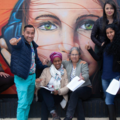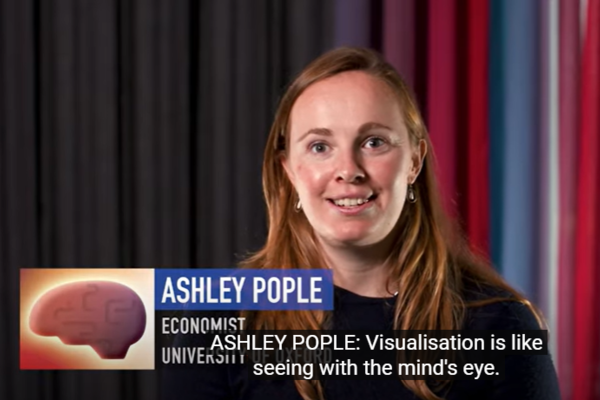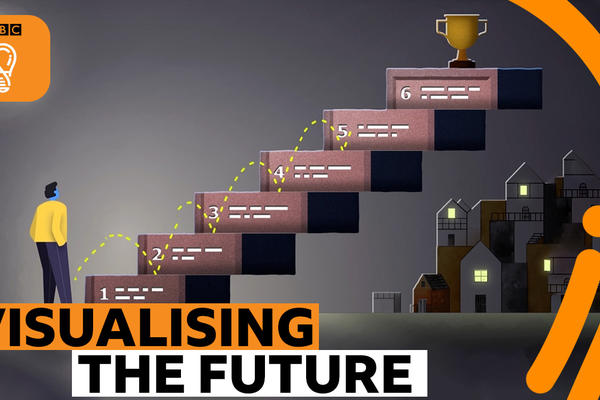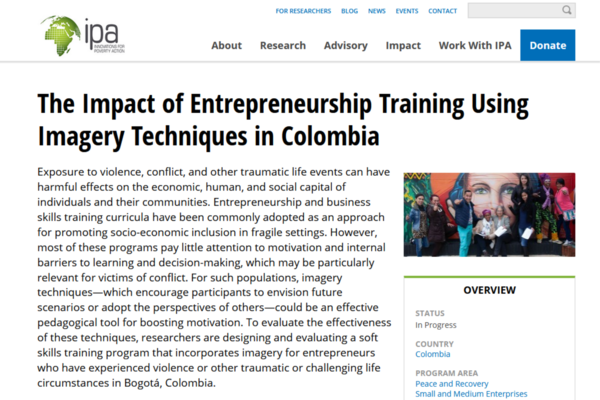LEARNING TO SEE THE WORLD'S OPPORTUNITIES
OUR AIMS
More than seventy percent of the world’s population has experienced a traumatic event, and by 2030 more than sixty percent of the world’s poor are predicted to live in fragile states, characterised by conflict, violence, and the trauma that inevitably follows. However, standard development programmes designed to promote socio-economic inclusion and enhance the well-being of vulnerable communities often overlook the internal barriers that trauma creates, hindering individuals' ability to benefit from these initiatives.
Research demonstrates that imagining the future and reflecting on the past use the same neural machinery, affecting the ability to plan ahead, and to learn new skills. This can mean that people involved in standard development programmes, such as business training or cash transfers, may struggle with the very cognitive capacities required for these programmes. For those with traumatic past experiences, efforts to focus on future economic prospects may instead trigger memories of past trauma, complicating their participation.
This project aims to measure and improve the quality of mental experiencing in the context of standard development programmes, and test if Guided Mental Experiencing (GME)1 training can positively influence the economic decision making, including future-orientated decisions, of people affected by trauma. The research team explores the importance of mental imagery for entrepreneurship outcomes and showcases how you can integrate psychological techniques within scalable policy programmes.
Since displacement is particularly traumatic, the project consists of two randomised controlled trials (RCTs), one among the vulnerable populations of Eritrean refugees in Ethiopia, and another with post-conflict victims and displaced communities in Colombia.
1 Guided Mental Experiencing trains participants to create projections into the future with specificity and emotions. GME also identifies pathways for achieving future outcomes in a safe space.
ABOUT THE PROJECT
The project consists of new training curricula (bespoke to each context), designed by the research team, consisting of ten sessions, to teach the use of GME in economic decision making. The impact of these interventions is assessed through RCTs to understand the underlying mechanisms by which development programmes influence economic outcomes of displaced, and traumatized communities.
The GME training curricula in both Colombia and Ethiopia share three key features:
- Promote mental experiencing about future economic outcomes and the pathway of actions that could materialise these intended outcomes.
- Designed to improve the quality of mental experiencing through increased specificity and emotionality of mental scenarios.
- A focus on promoting more positive images that can compete with the retrieval of negative memories induced by trauma. The goal is to reduce avoidance and teach participants how they can effectively face negative emotions in a controlled way without being overwhelmed by them.
Experiment 1: Eritrean refugees in Addis Ababa, Ethiopia
The team assigned 50 percent of the sample to participate in the GME intervention, with the remaining 50 percent assigned to a control group without intervention.
The GME curriculum consisted of four one-hour long sessions aiming to showcase how mental experiencing can be used to:
- Imagine and possibly reframe a potential life in Addis Ababa in the immediate term;
- Build a safe mental space as a foundation for making economic decisions;
- Reflect on specific actions that can be taken to access economic opportunities; and
- Think about specific plans and steps that can be taken towards improving economic outcomes.
Experiment 2: Victims of violence and poverty in Bogota, Colombia
The team randomly assigned eligible applicants into two main treatments:
- Traditional business training (without GME).
- Business training including GME.
Researchers designed both treatment arms to be as similar as possible, varying only the presence of GME exercises. They were the same length, content, and mode of delivery. The curricula were implemented in weekly sessions with participants assigned to a particular time clat (for both treatment arms).
The key feature that distinguishes the GME training from the traditional one is the inclusion of three to four mental experiencing exercises in each session.
Measurement
The team conducted in-person baseline surveys in both studies, followed by phone and in-person follow-up surveys, to measure the impact of the GME interventions on economic decision making.
Whereas the GME intervention in Colombia sought to target entrepreneurship behaviours, the GME intervention in Ethiopia supported more general income-generating activities.
RESULTS
The results show that standard anti-poverty programmes are less effective in trauma-affected populations and can even deepen poverty. They also show that the value of GME in overcoming the negative effects of trauma by having participants mentally simulate pathways between their actions and positive economic outcomes.
In the Ethiopia experiment, GME increases the ability of refugees to see a positive future, increases their intent to star in Ethiopia, increases labour force participation, and improves self-reported welfare.
In the Colombia experiment, a traditional entrepreneurial training programme reduces the ability to imagine a positive future through business, and worsens economic outcomes. GME added to entrepreneurial training restores positive future thinking and removes negative economic effects. Consistent with empirical evidence that emotional tagging of memory is stronger among women, these impacts are much larger for women in the experiments.
For further information, read the paper ‘Learning to See the World’s Opportunities: Memory, Mental Experiencing, and the Economic Lives of the Vulnerable’.
PROJECT DETAILS
Timeline
August 2018 - October 2021
Location
Colombia and Ethiopia
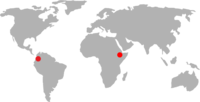
Theme
Welfare and Behaviour
Associations


